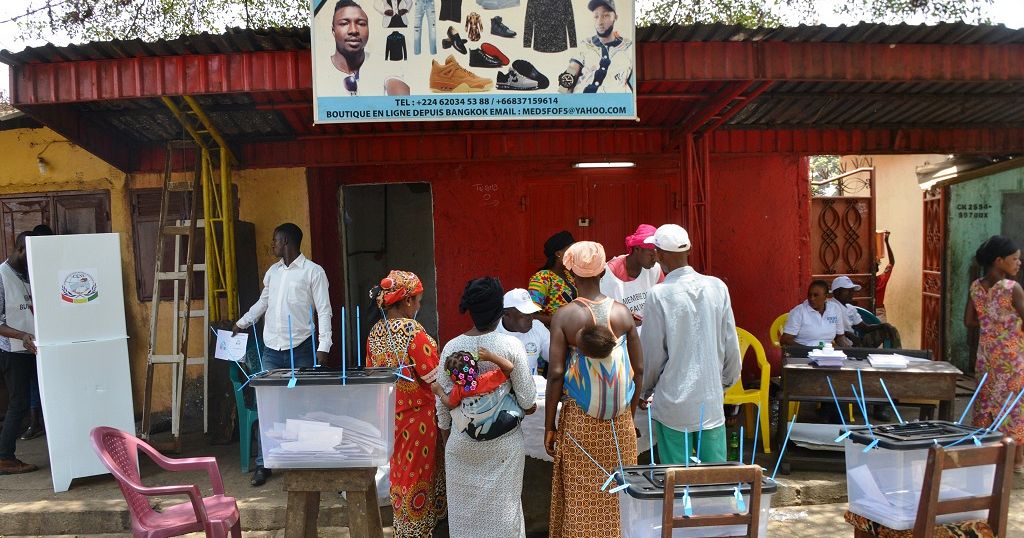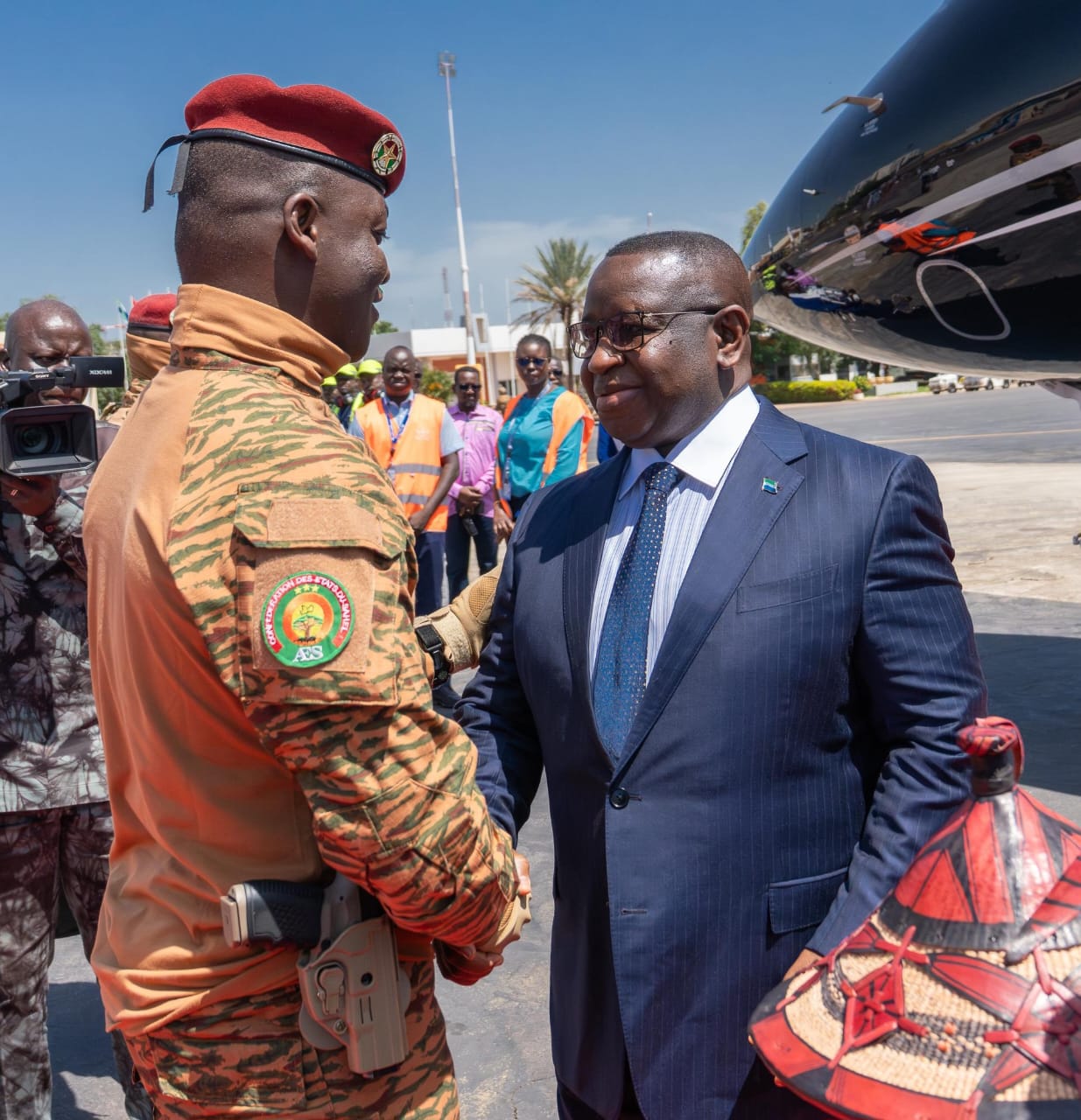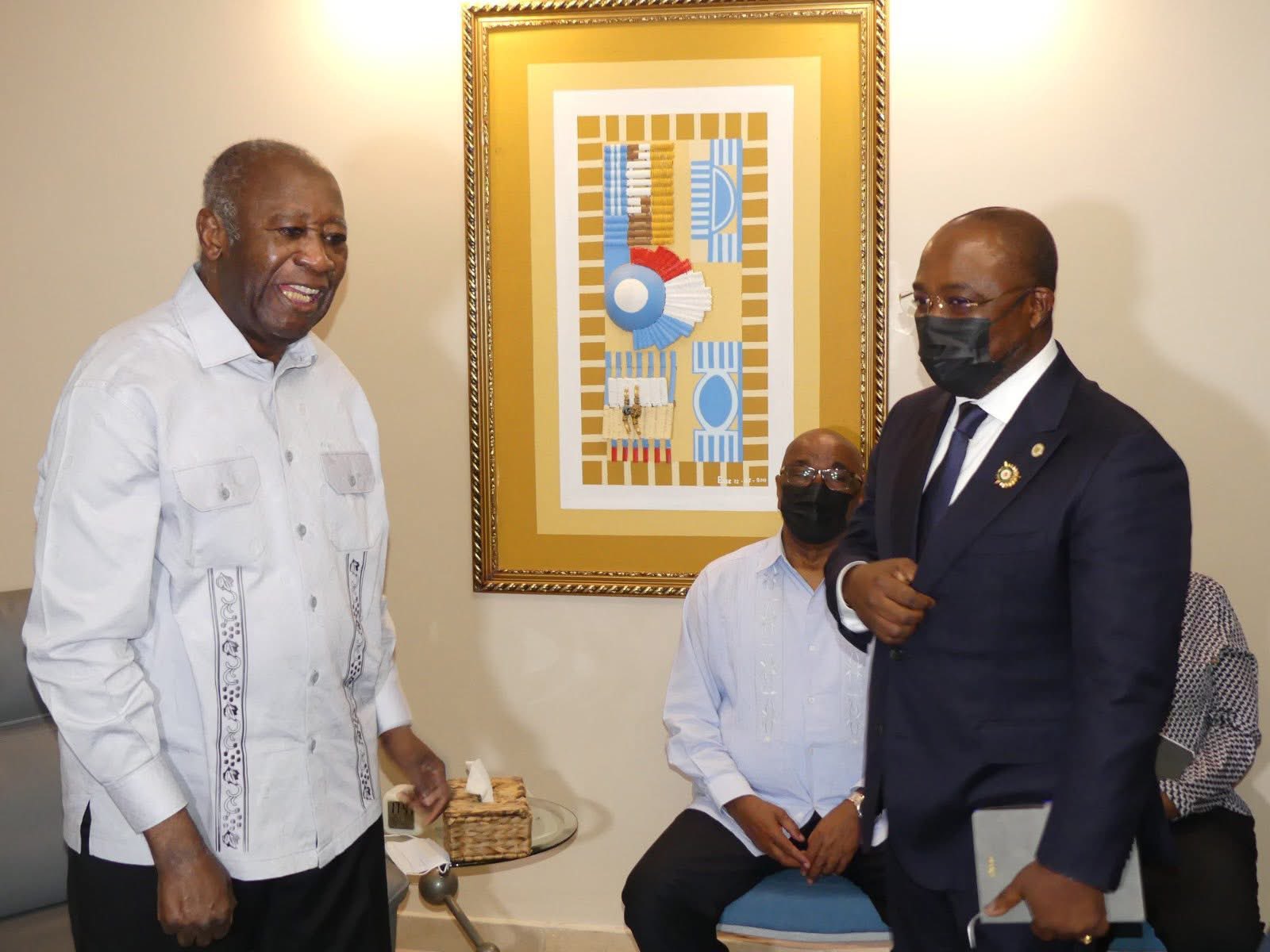Partial results from Guinea’s September 21 referendum indicate an overwhelming approval of a new constitution, a move observers see as solidifying military rule. The charter, which replaces the 2020 version, suspended after a 2021 coup, garnered 90.6% support against 9.4% opposition, based on tallies from 91% of polling stations, according to Djenabou Toure, head of the General Directorate of Elections.
With a required turnout exceeding 50% easily met at 91.4%, the outcome, which is expected to be finalised soon, clears hurdles for presidential and legislative elections slated for December. The victory, hailed by junta supporters as a democratic milestone, has deepened rifts in the bauxite-rich West African country of 15 million.
The referendum marks a major shift for Guinea, under military control since Colonel Mamady Doumbouya, then a special forces commander, ousted elected President Alpha Condé on September 5, 2021. Doumbouya, now 40, vowed at the time to restore civilian governance by December 2024, but delays, including a missed deadline, sparked protests and international scrutiny.
The new constitution, drafted in July 2024 and released publicly in June this year, extends presidential terms from five to seven years, renewable once, and establishes a Senate with one-third of seats appointed by the president. Critically, it omits a transitional charter’s ban on junta members contesting elections, opening the door for Doumbouya to run, a prospect he has neither confirmed nor denied.
Campaigning, from August 31 to September 18, was lopsided. Conakry buzzed with “Yes” rallies, marching bands, and posters of the telegenic leader, while opposition voices complained about tough restrictions. Major parties like Cellou Dalein Diallo’s Union of Democratic Forces and Condé’s Rally of the Guinean People were suspended for administrative lapses, barring them from anti-referendum drives.
Exiled Diallo branded the vote a “masquerade,” urging a boycott; writer Tierno Monénembo called it a “farce” to legitimise the putsch. Rafiou Sow of the suspended Renewal and Progress Party lamented that “More than half of Guineans can’t read or write… They only hear from the ‘Yes’ camp.” Media curbs by the High Authority of Communication further tilted the field, though later eased.
Observers from the Economic Community of West African States (ECOWAS) monitored the process, with the UN Human Rights Office urging transparency and peace. Polling stations in the capital saw orderly queues, but reports say rural turnout varied amidst literacy barriers. Supporters of the Doumbouya government praised it as the only way to political normalisation.
The vote echoes a regional trend: Guinea joins Mali, Niger, and Burkina Faso in junta-led transitions, where coups since 2020 have initiated new political systems. Analysts warn it cements Doumbouya’s grip, as it mirrors Chad’s orchestrated 2024 polls. As S&P Global issued Guinea’s first sovereign rating, B+ stable, last week, there is a mix of economic hopes and fears of prolonged authoritarianism.











